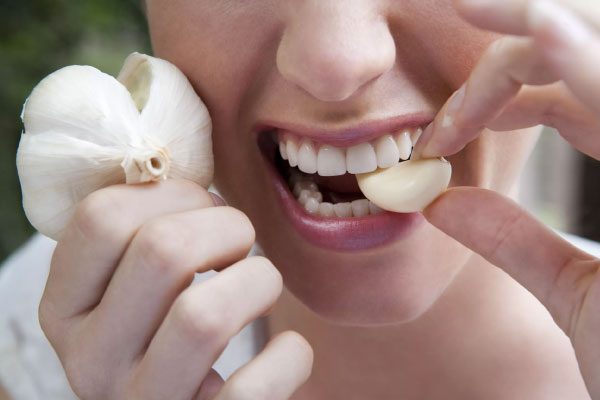
Advertisement – Continue Reading Below
Garlic has been used to treat many a disease since times immemorial. In fact, it is one of the oldest recorded plants to be used for medicinal purposes. Even ancient Greek physicians used to prescribe garlic as a remedy for a number of conditions. Scientists now have realized that most of these remedies are extremely viable and are supported by sound reasoning and research.
Garlic is undoubtedly a very beneficial addition to our food and its importance shouldn’t be overlooked.
A pinch of garlic makes everything taste better. Find out what a pinch of garlic in your life can help benefit your health.